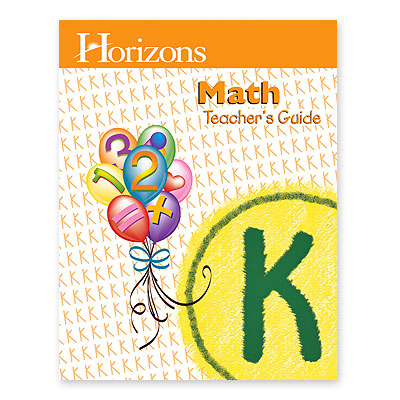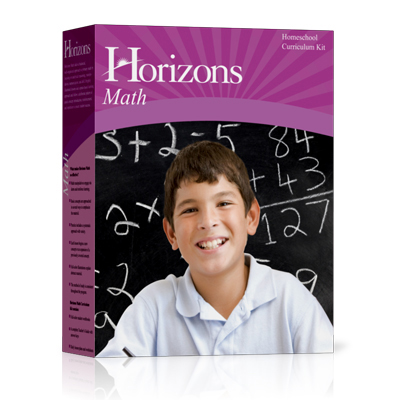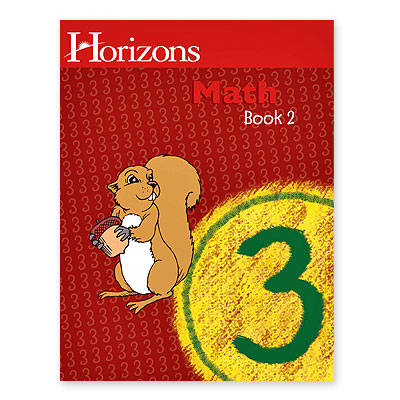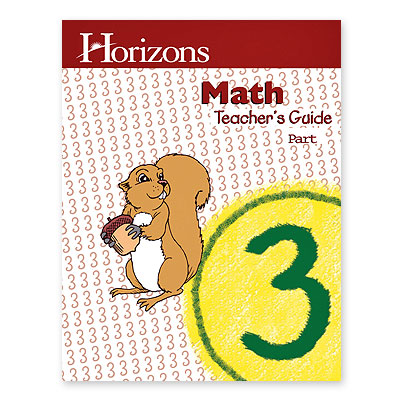Description
The Horizons Kindergarten Math Teacher’s Guide serves as the cornerstone resource for homeschooling parents embarking on their child’s formal mathematical education journey, providing everything needed to deliver high-quality early childhood mathematics instruction with confidence and success. This comprehensive guide transforms potentially intimidating kindergarten math concepts into manageable, engaging learning experiences through Alpha Omega Publications’ proven spiral learning methodology and parent-friendly instructional design.
At the heart of this curriculum lies the spiral learning approach, a research-validated method that introduces mathematical concepts systematically, then revisits and reinforces them with increasing complexity throughout the 160-lesson program. Unlike traditional linear curricula that teach concepts once and move on, spiral learning ensures deep understanding and long-term retention by providing multiple exposures to key mathematical ideas. This approach proves particularly effective for kindergarten-age children, whose developing minds benefit from repeated practice and gradual concept building over time.
The teacher’s guide recognizes that many homeschooling parents feel uncertain about teaching mathematics, especially foundational concepts that set the stage for future mathematical success. Each lesson includes step-by-step instructions written in clear, accessible language that builds parent confidence while ensuring effective instruction. The detailed daily lesson plans eliminate guesswork by providing specific learning goals, curriculum guidelines, and precise teaching sequences that guide parents through each mathematical concept systematically.
Mathematical concepts covered throughout the guide include foundational number recognition and counting skills, basic addition and subtraction operations, understanding money values and coin recognition, telling time to the hour and half-hour, calendar concepts including days, weeks, and months, geometric shape identification and properties, measurement using standard and non-standard units, pattern recognition and extension, sequencing and ordering activities, and basic graphing and data interpretation skills.
The guide’s practical design addresses the unique needs of parent-led instruction by including comprehensive materials lists for each lesson, ensuring families can gather necessary supplies in advance. These materials typically consist of common household items like coins, clocks, measuring tools, and everyday objects that make learning both accessible and economical. The emphasis on hands-on learning using manipulatives helps young children understand abstract mathematical concepts through concrete experiences.
Teaching tips throughout the guide provide invaluable support for homeschooling parents, offering alternative explanations, troubleshooting common misconceptions, and suggesting modifications for different learning styles. These professional insights help parents understand not just what to teach, but how to teach mathematical concepts effectively to young learners. The tips address common challenges like maintaining kindergartner attention spans, making abstract concepts concrete, and celebrating mathematical thinking rather than just correct answers.
Complete answer keys for all student book activities provide immediate feedback capabilities, allowing parents to assess understanding quickly and address any confusion before it becomes entrenched. The answer keys include not just correct responses but often show mathematical reasoning, helping parents understand the thinking processes children should develop. This support proves invaluable for parents who may feel rusty with mathematical concepts or uncertain about their own mathematical understanding.
The guide includes additional practice worksheets that reinforce mathematical concepts taught in the lessons, providing extra support for children who need additional practice or different approaches to mastering concepts. These supplemental materials allow parents to customize instruction based on their child’s individual needs, ensuring no child is left behind while also preventing boredom for children who grasp concepts quickly.
The curriculum’s structure supports diverse learning styles through varied instructional approaches including visual presentations with colorful illustrations, kinesthetic activities involving movement and manipulation, auditory elements including songs and verbal explanations, and tactile experiences using hands-on materials. This multi-modal approach ensures that all children can access mathematical learning regardless of their preferred learning style.
Research in early childhood mathematics education confirms that quality kindergarten mathematical experiences significantly impact future mathematical success. The Horizons approach aligns with recommendations from the National Association for the Education of Young Children and the National Council of Teachers of Mathematics, emphasizing meaningful mathematical experiences that build genuine understanding rather than rote memorization.
The guide’s organization makes lesson planning straightforward and stress-free. Each lesson follows a consistent format that becomes familiar to both parent and child, creating a predictable structure that supports learning. The spiral design means concepts build naturally upon one another, creating logical progressions that help children see connections between mathematical ideas.
Customer feedback consistently highlights the curriculum’s effectiveness in making mathematical learning enjoyable and accessible. Parents appreciate the detailed guidance that helps them feel prepared and confident, while children respond positively to the colorful, engaging activities that make mathematics feel like play rather than work. The program’s reputation for preparing students well for first-grade mathematics makes it a popular choice among families seeking long-term educational success.





Reviews
There are no reviews yet.